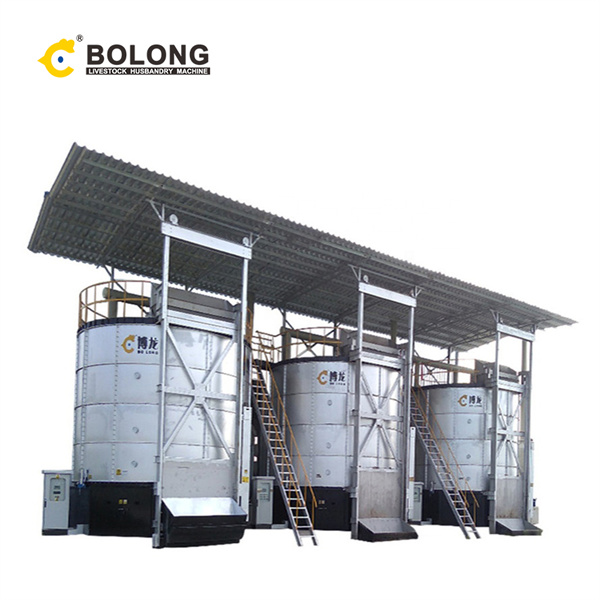Introduction: Water conservation is a critical concern in agriculture, and livestock fermentation tanks play a role in sustainable water management. This article explores how fermentation tanks contribute to water conservation on farms.

Reduced Water Usage: Fermentation tanks minimize the need for water-intensive manure management practices, such as flushing systems. This leads to significant water savings, which is particularly important in regions facing water scarcity.
Efficient Manure Processing: By processing manure into compost, fermentation tanks reduce the volume of liquid waste that needs to be managed. This efficient processing conserves water and reduces the risk of water contamination.
Protecting Water Quality: Fermentation tanks prevent nutrient runoff and leaching into water sources, protecting local water quality. This is crucial for maintaining clean and safe water supplies for both agricultural and community use.
Case Study: A cattle farm implemented fermentation tanks and reduced its water usage by 25% within the first year. The tanks also helped prevent nutrient runoff, protecting the nearby river from contamination.

Conclusion: Livestock fermentation tanks contribute to water conservation by reducing water usage and protecting water quality. These benefits support sustainable farming practices and help address water scarcity challenges.